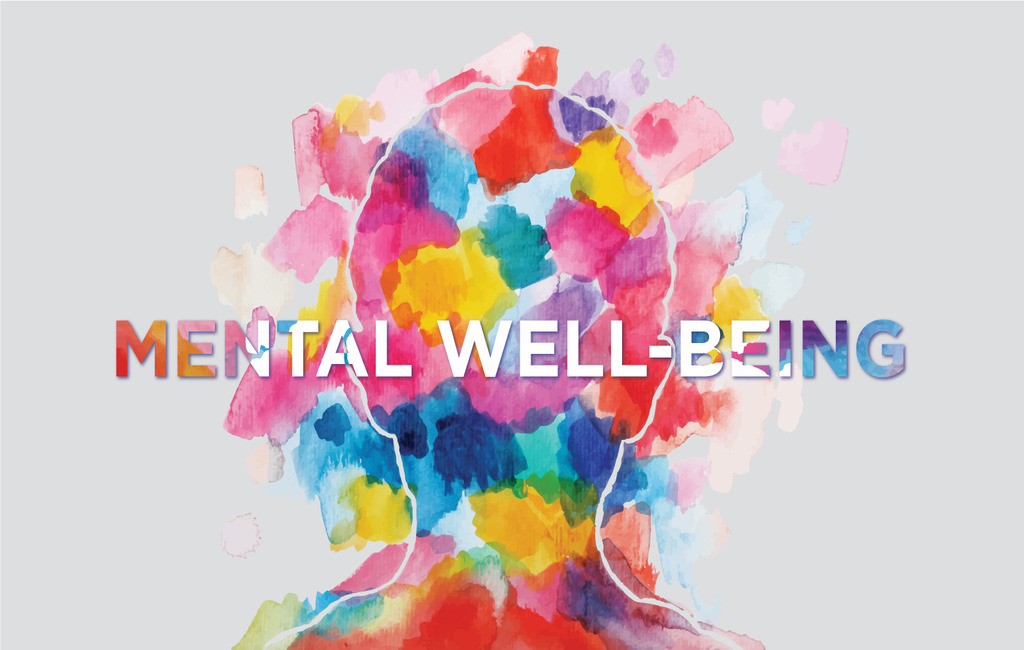Cracking the Code: Decoding the Language of Psychological Stress
By Ashmal Shah
31 July 2023
Psychological stress is a universal experience that affects us all at various points in life. It speaks a unique language, manifesting through thoughts, emotions, and behaviors. Decoding this language is essential for understanding and managing stress effectively. In this article, we delve into the intricate world of psychological stress, exploring its impact, hidden signs, and trending approaches for stress management. Let's crack the code and gain insights into this complex phenomenon to achieve greater well-being.

Understanding the Language of Psychological Stress

1. Unveiling the Complexity
Psychological stress is more than a fleeting feeling; it is a complex web of responses triggered by various stressors in our lives.
2. The Physical and Emotional Lexicon
Stress communicates through both physical and emotional channels, leaving imprints on our bodies and minds.
Deciphering the Hidden Signs
1. Physical Clues
Stress often reveals itself through physical manifestations such as headaches, muscle tension, and gastrointestinal issues.
2. Emotional Expressions
The language of stress is also expressed through emotions like anxiety, irritability, and a sense of overwhelm.
3. Cognitive Messages
Negative thought patterns, racing thoughts, and difficulty concentrating can be signs of stress-induced cognitive shifts.
The Impact on Mental and Physical Well-being

1. The Toll on Mental Health
Prolonged stress can lead to mental health challenges like anxiety disorders, depression, and burnout.
2. Effects on Physical Health
Stress has a significant impact on physical health, contributing to conditions such as cardiovascular issues and compromised immune function.
Cracking the Coping Strategies
1. Mindfulness: The Key to Awareness
Practicing mindfulness is a trending approach to decode the language of stress, promoting self-awareness and stress reduction.
2. Breathing Techniques: Unlocking Calm
Deep breathing exercises can unlock a sense of calm amidst the storm of stress, helping to regulate the body's stress response.
3. Cognitive Reframing: Rewriting the Script
By challenging negative thought patterns, cognitive reframing allows us to alter our perception of stressors and reduce their impact.
4. Emotional Intelligence: The Rosetta Stone
Emotional intelligence is a valuable tool for deciphering stress, empowering us to understand and manage our emotions effectively.
5. Self-Compassion: A Universal Translator
Cultivating self-compassion helps us navigate stress with kindness, fostering resilience and well-being.
Building Resilience: Cracking the Code for Long-term Well-being

1. Establishing a Support System
A strong support system of friends, family, or professionals can provide invaluable guidance and understanding during stressful times.
2. Prioritizing Self-Care
Self-care practices nourish our mind and body, providing a protective shield against the impacts of stress.
3. Seeking Professional Guidance
When stress becomes overwhelming, seeking help from mental health professionals can offer valuable insights and coping strategies.
Conclusion
Cracking the code of psychological stress allows us to navigate its language with clarity and precision. By recognizing its hidden signs and understanding its impact, we can take proactive steps to manage stress effectively. Embracing mindfulness, emotional intelligence, and self-compassion empowers us to respond to stress with resilience and grace. As we build coping strategies and prioritize self-care, we develop a universal translator for the language of psychological stress, enabling us to achieve greater well-being and lead more fulfilling lives.
You Might Also Want To Read This
Popular Posts







